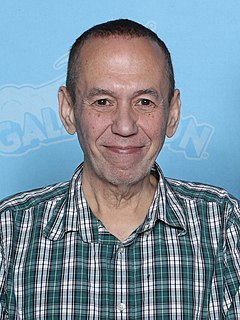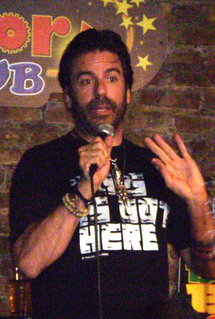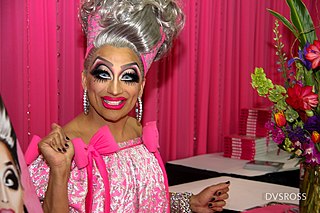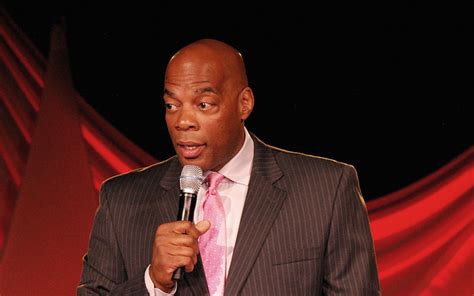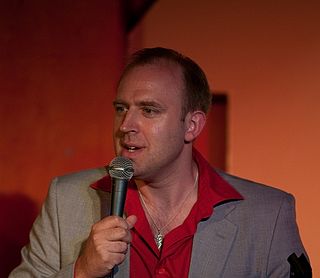A Quote by Neal Brennan
I'm making fun of midwestern homophobia [in the joke], but I'm still saying faggot. And almost every month as I'm doing that joke it gets five percent less of a laugh.
Related Quotes
I have become a giant fan of the testing process, especially with a comedy. I mean, they tell you what's funny. It's almost tailor-made for people who shoot the way we shoot, trying a million different options and versions of things. Because the audience doesn't laugh at a joke, we put in another joke. If they don't laugh at the next joke, we put in another joke. You just keep doing them and you can get the movie to the point where every joke is funny, if you have enough options in the can.
I keep on repeating something told to me by an American psychologist: "When you are making a joke about someone and you are the only one to laugh, it is not a joke. It is a joke only for yourself." If people are making a joke they have the right to laugh at me but I will ignore them. Ignoring doesn't mean that you don't understand. You understand it so much that you don't want to react.
If a comedian tells a joke that you find funny, you laugh. If he tells a joke you do not find funny, don't laugh. Or you could possibly go as far as groaning or rolling your eyes. Then you wait for his next joke; if that's funny, then you laugh. If it's not, you don't laugh - or at very worst, you can leave quietly.
If a comedian tells a joke that you find funny, you laugh. If he tells a joke you do not find funny, dont laugh. Or you could possibly go as far as groaning or rolling your eyes. Then you wait for his next joke; if thats funny, then you laugh. If its not, you dont laugh - or at very worst, you can leave quietly.





